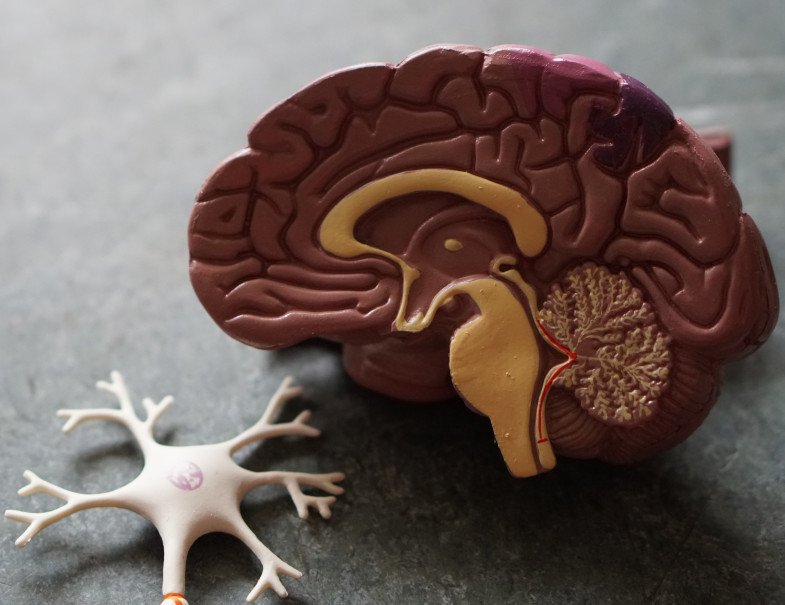A new research paper by Aan Fleur Terrens et al reports about the positive effects of Aquatic Therapy on the perceived Health Related Quality of Life (HRQoL) in patients suffering from Parkinson’s disease. The researchers are very careful in their conclusions, pointing out that depending on the progression of the disease, the logistics to get to a pool and getting (un-) dressed can be experienced as quite a hassle. That said, still the participants reported positive feedback about their HRQoL to the researchers.
Update (April 2021):
Another recent publication (Carroll (2020)) about the same topic confirmed conclusions, but also added that optimal components of aquatic therapy identified were access to individually tailored aquatic programs, completed as a minimum once a week, at a moderate to high-intensity level, and guided by a credentialed instructor. Participants identified a strong need for education and increased awareness about aquatic therapy benefits to promote greater engagement.
Conclusion:
Aquatic therapy is a popular exercise choice for people with Parkinson’s disease, especially in the early to middle disease stages. Considering the views of people living with Parkinson’s disease can aid the design and implementation of interventions and future aquatic research internationally.
Implications for Rehabilitation
- Aquatic therapy is emerging as an effective physiotherapy approach for managing motor and non-motor symptoms in Parkinson’s disease.
- Little is known regarding community-based aquatic therapy programs from the perspectives of people living with Parkinson’s disease internationally.
- People with Parkinson’s disease may benefit from timely information about the unique benefits, prerequisites, and local aquatic therapy facilities to promote greater uptake of aquatic programs.
- Tailored aquatic therapy interventions delivered within a group setting by a credentialed healthcare professional may increase long-term adherence.

